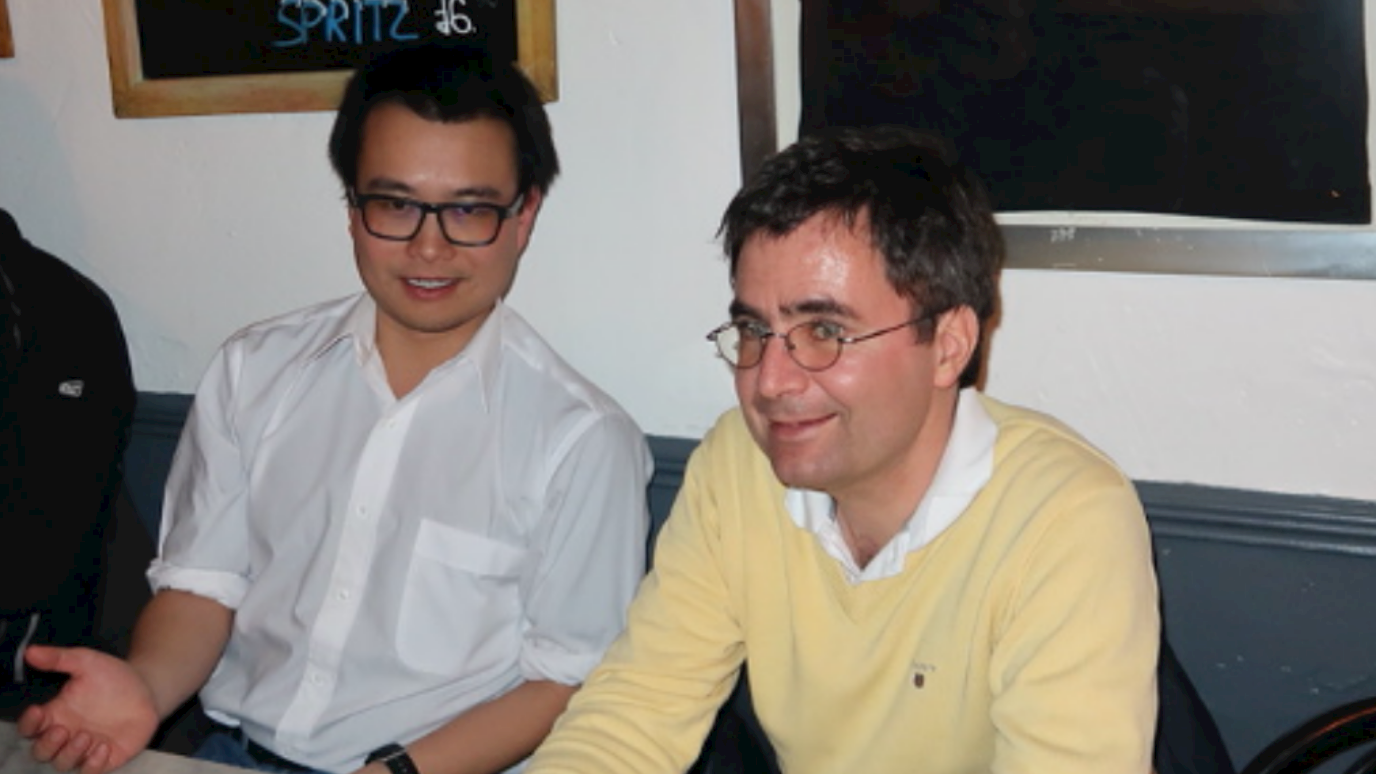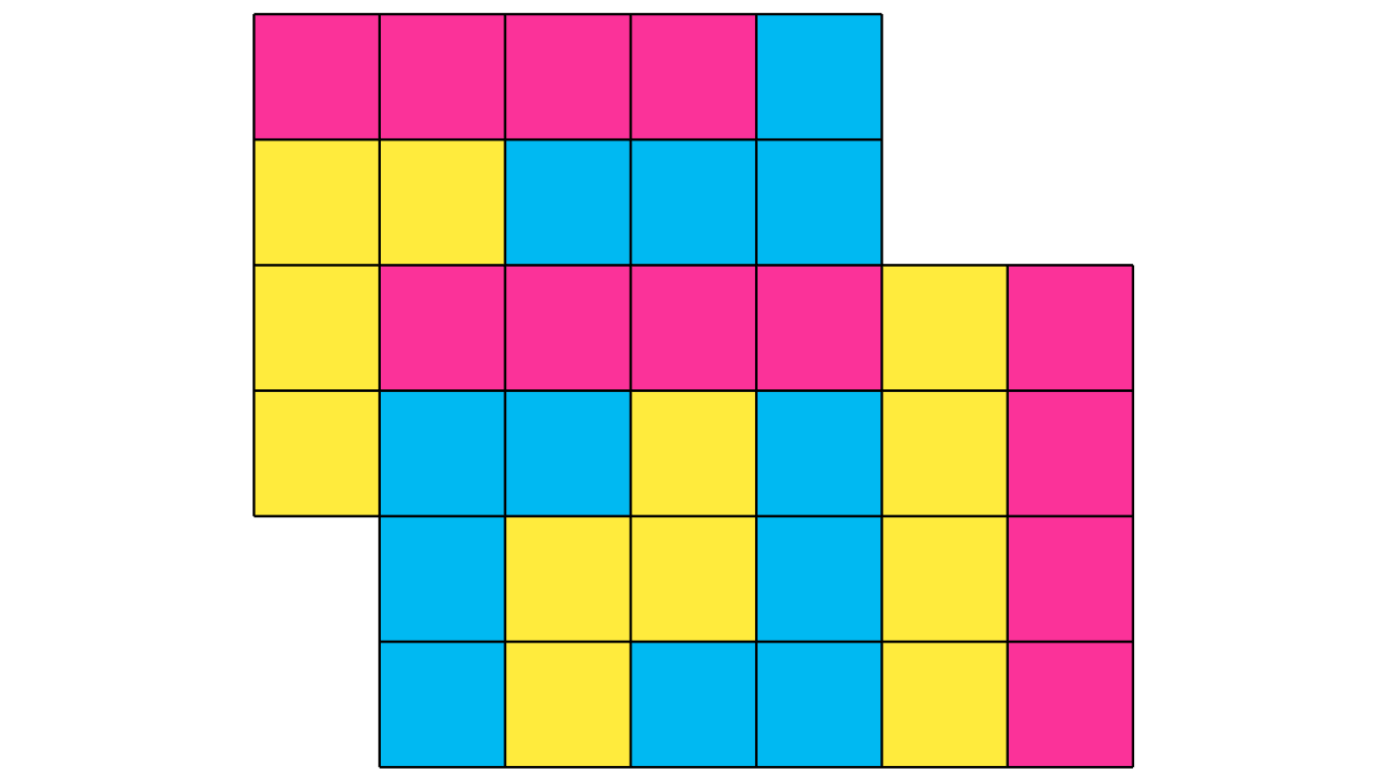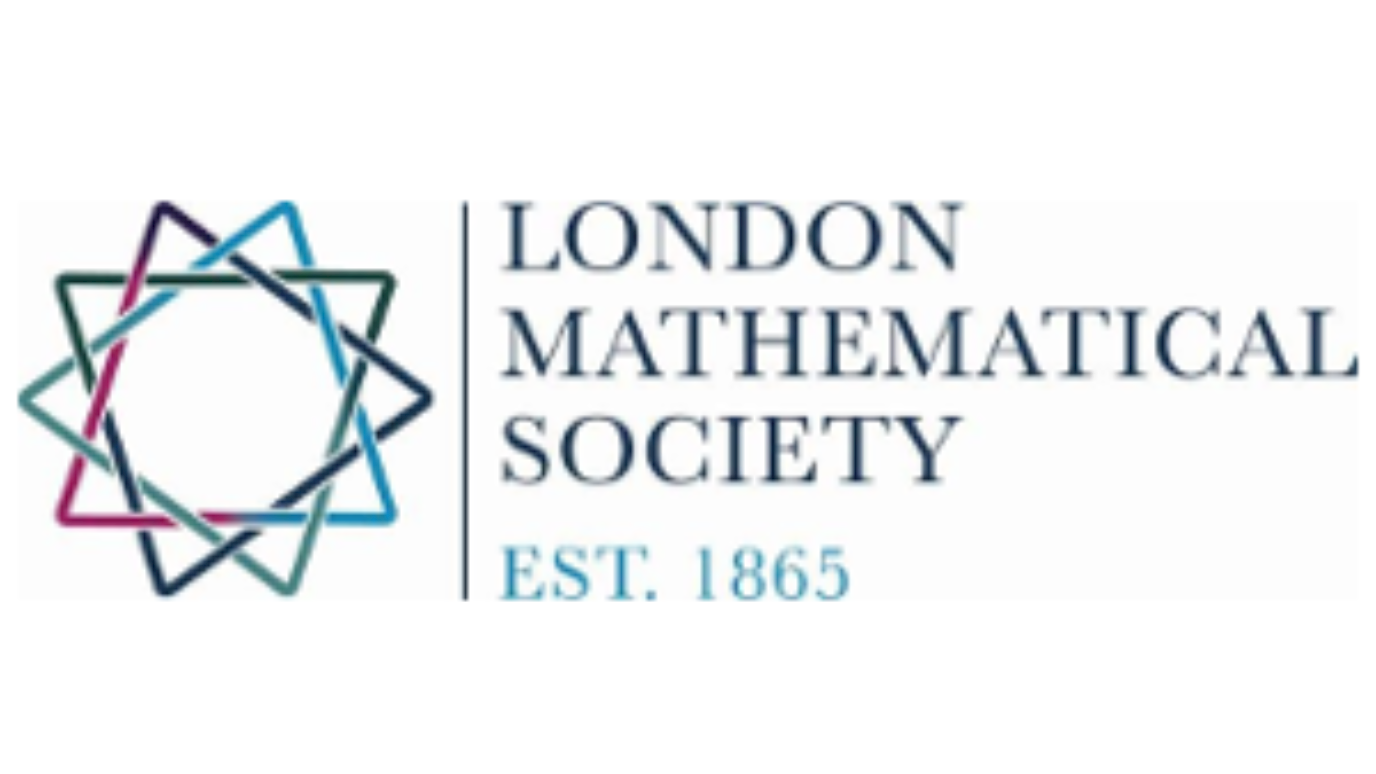Professor Dietmann and Professor Sam Chow (University of Warwick) solved the first cases of an old conjecture by van der Waerden about the Galois groups of random polynomials.

Prof Chow and Prof Dietmann in 2018
The Galois group of a polynomial describes the symmetries between its roots. For example, for a quadratic polynomial X2-a, in a certain sense one can swap the two roots √a and -√a.
The biggest possible Galois group for a degree n polynomial is the symmetric group Sn. According to an old conjecture of van der Waerden from 1936, if a “random polynomial” of degree n with integer coefficients and leading coefficient 1 does not have Galois group Sn, then this almost always is for an obvious trivial reason: the polynomial being reducible, i.e. splitting into factors of smaller degree. For the first time Professor Dietmann and Professor Chow prove two special cases of this conjecture, for degrees 3 and 4.
Moreover, in the same paper they give a precise estimate on how many quartic polynomials of the form X4 + a X3 + b X2 + c X + d, with integer coefficients a, b, c, d bounded in absolute value by H, have a certain Galois group, namely D4, the symmetry group of a square. It turns out this quantity is of order of magnitude H2 (log H)2. This determined for the first time the order of magnitude of such a counting function for polynomials with a certain Galois group different from Sn.
The work will appear this October in a 37 page article in volume 372 of Advances in Mathematics, one of the leading research journals in pure mathematics.

























